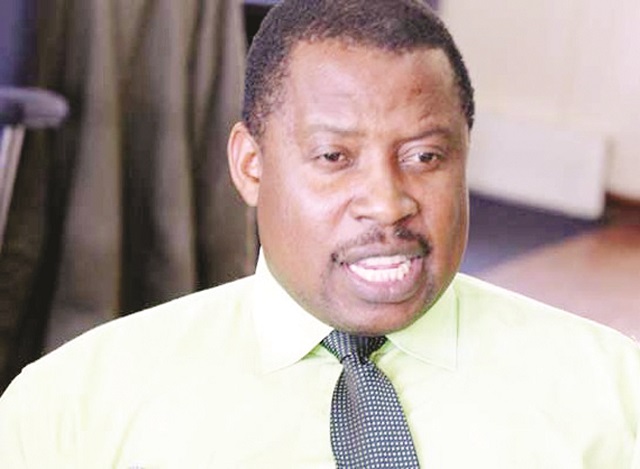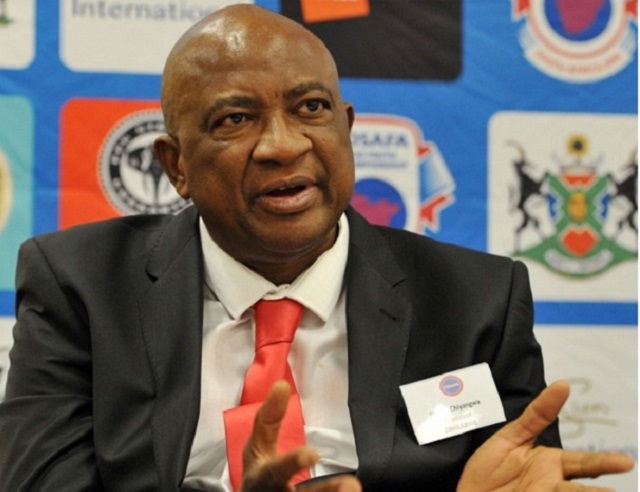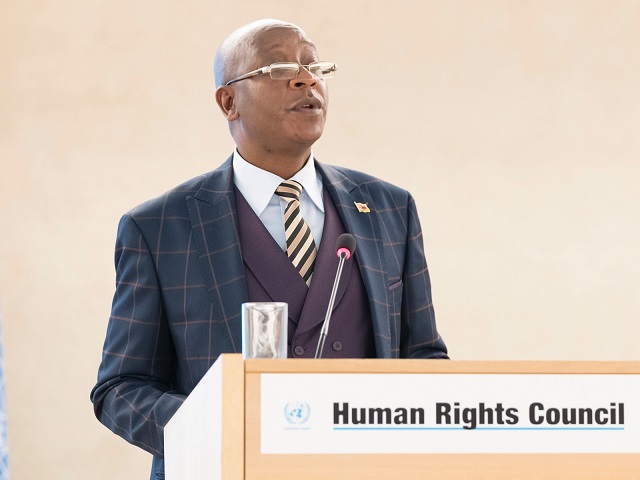EDITORIAL COMMENT: Teachers did well by dropping strike plan

The opening of schools for the second term yesterday was in doubt days after teachers had threatened to go on strike to press for better salaries and working conditions.
Thankfully, the educators’ leadership agreed to continue negotiating with the Government for a better deal thus schools opened with no incident. To show its commitment to improve the welfare of teachers, the Government gave in to some of their demands and committed itself to more engagement. Their salaries and housing and transport allowances will be increased by 10 percent respectively in July while their leave days have been reinstated.
“We are asking our forces to stand down for the time being and also to accommodate developments which have taken place now,” Zimbabwe Teachers’ Association (Zimta) chief executive officer Mr Sifiso Ndlovu said.
“What we have is that we have had an opportunity to talk to the Minister of Primary and Secondary Education (Professor Paul Mavima) who was accompanied by special negotiators. Their plea was that we negotiate and see whether we cannot talk more and eventually meet the Minister who is responsible for Public Service, and eventually meet the State President. So to give those processes due respect and accommodation, we may want to do that (stand down). It has also been agreed that teachers who have had an excess in the number of days be allowed to sell them for cash. And this will begin with effect from July. They have also promised that with effect from July, there’ll be a 10 percent package rise meaning the salary. The housing and transport allowances will be raised by 10 percent.”
Six teachers’ representative bodies had announced their intention to stage an industrial action but since Zimta is the largest union, we have no doubt that the body and its colleagues are in agreement that the obtaining stability in the education sector should be maintained.
Zimta must be commended for the decision because the education of children will not be interrupted. The Government must be commended also for increasing teachers’ salaries even in these trying economic times when revenue inflows into public coffers are low. Despite the fact that revenues are poor, the Government spends more than 80 percent of that on civil service salaries.
The threat by teachers came a few weeks after nurses went on a strike that ended with some of them losing their jobs. A few weeks earlier, junior doctors had also taken to the streets and fortunately for them, the Government agreed to review their salaries and perks.
Civil servants have served their country with admirable dedication over the past 18 years of economic hardships that have weakened the Government’s capacity to pay higher wages. Workers in the private sector must be commended as well for always reporting for work despite the fact that their salaries are poor too. Actually, civil servants might want to appreciate the fact that there are tens of thousands of employees in the private sector who have gone for two or more years unpaid or just getting by through payment of fractions of their salaries. Yet they continue to report for work. The National Railways of Zimbabwe (NRZ) and Hwange Colliery Company Limited (HCCL) are prominent examples.
A report, Working Without Pay, Wage Theft in Zimbabwe, released by the Zimbabwe Congress of Trade Unions (ZCTU) last year showed that as many as 120 000 workers in the private sector worked for no pay between 2015 and 2016. It said 40 000 of them had been unpaid for three years and 80 000 had no fixed pay date.
We have no doubt that these people admire civil servants because at least, they are guaranteed of salaries every month. Some civil servants got their bonuses only recently and the remainder will be paid in June. In the private sector bonuses are rare these days.
We must make it clear that in saying this, we are not in any way suggesting that civil servants must not demand higher wages. They are free to do so but the reality as represented by the ZCTU study, the sad situation at NRZ and HCCL is that there are worse situations in this economy.
President Emmerson Mnangagwa’s administration is clearly moving the economy forward. Investment inflows are rising, with up to $11 billion in commitments already made since November last year. Public confidence in the economy and the Government is improving all round and peace is prevailing. Furthermore, we will soon have elections that the President has declared will be free and fair. These and more are key conditions that have and will put the economy on the path to recovery and growth. When this happens nothing will prevent employers from improving their employees’ salaries and working conditions.
Once again, we commend teachers and the Government for committing themselves to dialogue. We encourage other civil servants to do likewise even as we acknowledge that times are hard.









Comments